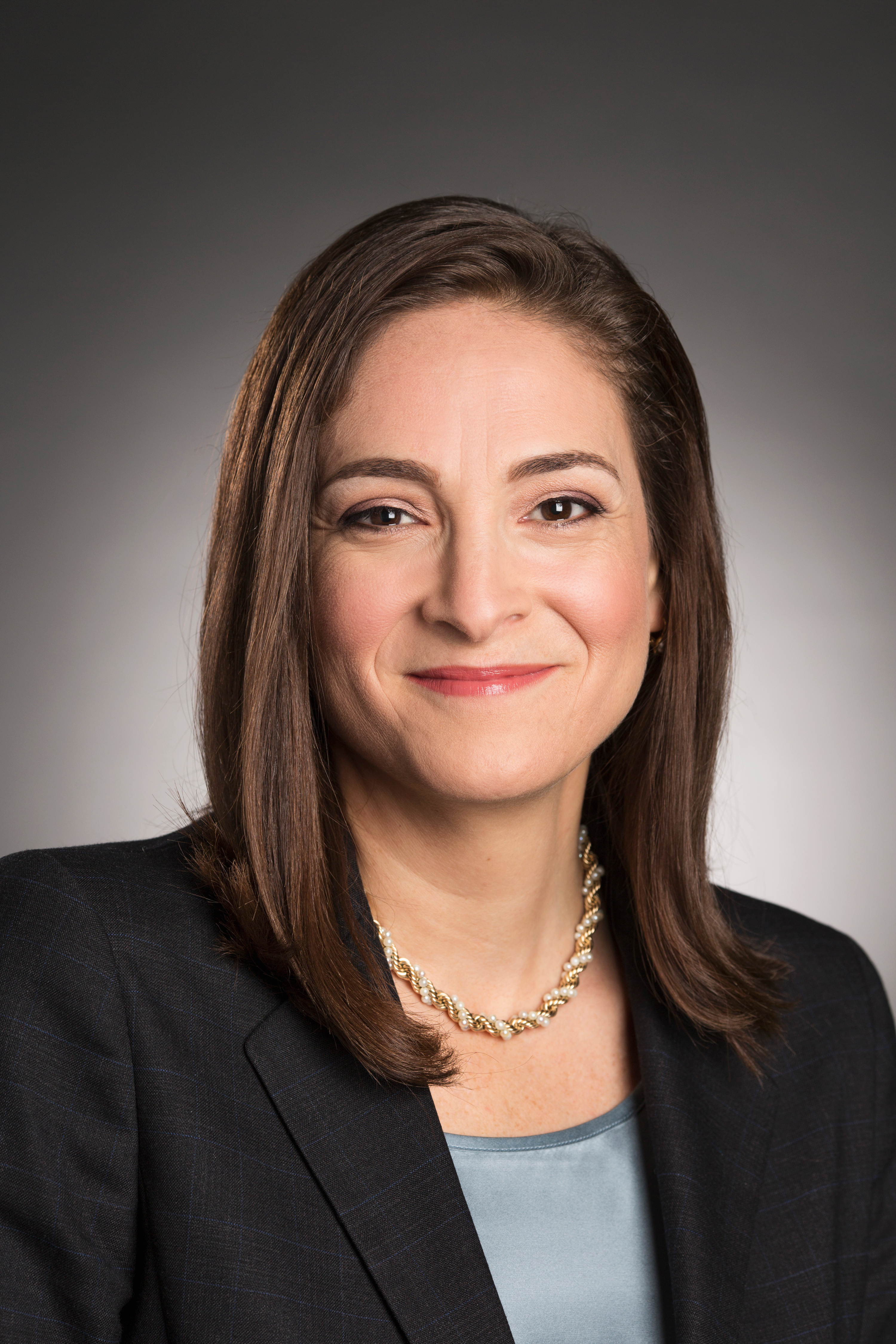AARP Hearing Center
By Nicole Duritz, VP, AARP Health and Family 
Tasha Jones, a 50-year-old African-American woman from Missouri, wants to overcome the pattern of diabetes and heart disease in her family.
“I had a wake-up call when I turned fifty,” says Mrs. Jones. “I looked at my older family members who were struggling with their health. I realized that I, too, was racing towards health issues, and was already dealing with high blood pressure. I knew I had to make some changes and get some help so that I could be around for my family and enjoy life.”
But Mrs. Jones is one of over 45 million Americans who are uninsured. Soon she’ll have access to coverage under the health care law so she can receive the medical attention and advice she needs.
It’s known by many names: health reform, Obamacare, the health care law, the Affordable Care Act. So what does this law – whatever it’s called – mean for you? It means easier access to health insurance and protection from unfair insurance practices. It means that people like Mrs. Jones can get the help they need to take better care of their health and prevent disease.
Here are some benefits within the law to help you, and your family, manage your health:
Easier Access to Health Insurance
In 2014, Mrs. Jones, and all uninsured Americans – many of whom don’t have access to insurance through an employer -- will be able to purchase insurance through health insurance exchanges. An exchange is an online marketplace where individuals and small businesses can buy health insurance. Whether you’re self-employed, between jobs or have been denied coverage, you can soon use these exchanges to shop for insurance and compare the benefits and costs of health plans side-by-side.
What this means for people like Mrs. Jones is that she will have more insurance options to choose from, won’t be turned down because of a pre-existing health condition and will be able to shop around for the best plan at the best price to meet her health needs.
More Preventive Services
Once Mrs. Jones has the health insurance she needs, she’ll have access to the health care law’s preventive services to help keep her healthy. All insured Americans will benefit from these preventive services, which include cholesterol, diabetes and cancer screenings, among other things. This is particularly important for African–Americans, because diseases such as diabetes, cancer and heart disease affect them at higher rates than other ethnic groups.
Stronger Consumer Protections
Despite Mrs. Jones’ family health history, she won’t have to worry about her insurance company dropping her if she gets sick, or placing dollar limits on how much they’ll pay for her health care. All insured Americans will benefit from these protections under the health care law, and like Mrs. Jones will have the security of knowing that their health benefits won’t run out when they need them most.
There is more good news for those with pre-existing conditions. Although health coverage through the exchanges will not be available until January 2014, if you have a pre-existing condition and have been uninsured for at least six months, you can get coverage right now, through your state, without worrying about being rejected. This coverage is called the Pre-existing Condition Insurance Plan (PCIP). This program will be in place until the exchanges start in 2014.
Learn more
Use AARP’s online Health Law Guide to learn more about the benefits and protections you get through the health law and how the law works for you and your family. The Health Law Guide is also available in Spanish. Bookmark this website and come back for updates as the law is phased in.
Nicole Duritz is Vice President of Health Issues at AARP, leading the Association’s member and consumer health education and outreach programs, which include work on issues such as Medicare, the new health care law, prescription drug affordability, long term care, prevention and wellness, and wise use of medications.































































